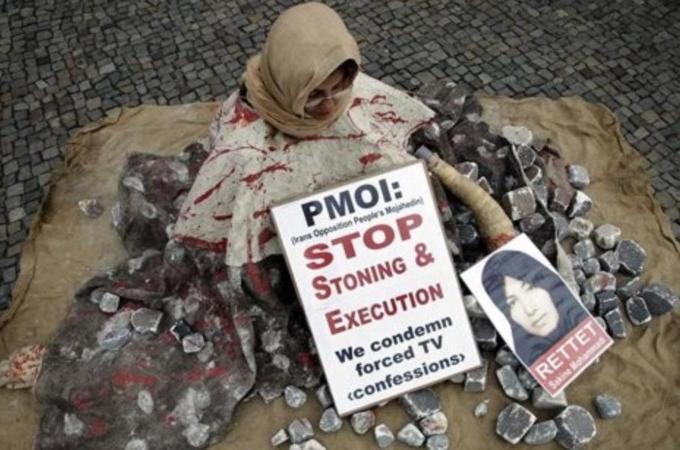By Darrin Simmons
Impunity Watch Reporter, Middle East
TEHRAN, Iran-Iranian military officials have reported that five Iranian border guards who were seized and held captive in Pakistan have been released. The guards were held captive for three weeks.

The Iranian soldiers were abducted by Sunni Muslim militants on February 6 in the Sistan-Baluchistan province. They were among 11 foreign hostages that were freed in an operation by Pakistani forces, reported Iran’s official news agency IRNA.
“Five Iranian troops who had been kidnapped on our eastern borders and transferred to Pakistan were freed,” stated General Massoud Jazaerisemi.
He did not elaborate on the circumstances of the release, only saying that “the country’s entire police and security apparatus were involved in this matter.”
Pakistani authorities, however, appeared to have no knowledge of the operation.
It was reported by the Frontier Corps, a government run paramilitary that is primarily responsible for security in Baluchistan, that they had freed three Africans who were kidnapped by drug traffickers in Baluchistan on Saturday, but had not recovered any of the Iranians.
Sistan-Baluchistan is an impoverished and relatively lawless province that has seen an abundance of rebellion by a disgruntled Sunni minority in a predominantly Shi’ite Iran.
Iran warned two weeks ago that it might pursue the rebels into Pakistani territory, provoking an angry warning from Islamabad. This warning is sparked from anger over a spate of cross-border attacks by the so-called Jaish al-Adl, translated to the Army of Justice.
Earlier this month, Jaish al Adl set several conditions for releasing the Iranian soldiers in a statement on its website. The group has called on Iran to release fifty of its arrested members, 200 prisoners and fifty female militants imprisoned in Syria in a swap deal with the five border guards.
The group released a photo of the kidnapped border guards and claimed the responsibility for their abduction on February 8. On February 11, Iran called on Pakistani officials to arrest and extradite members of the group who were responsible for the abduction of border guards.
Pakistan Prime Minister Nawaz Sharif enjoys warm relations with Saudi Arabia, which sheltered him after an earlier military coup forced him into exile. Sharif’s cash-strapped government is also hoping for financial aid from the Saudis. As such, Iran accuses both Pakistan and Saudi Arabia of supporting an armed Sunni rebellion.
For more information, please see the following:
Al Jazeera-Iran says border guards freed in Pakistan-02 March 2014
Reuters-Iran says abducted border guards freed in Pakistan-02 March 2014
Tribune-Abducted guards freed, says Iran-02 March 2014
Fars News-Abducted Iranian Border Guards Released in Pakistan-01 March 2014




